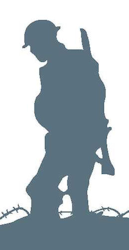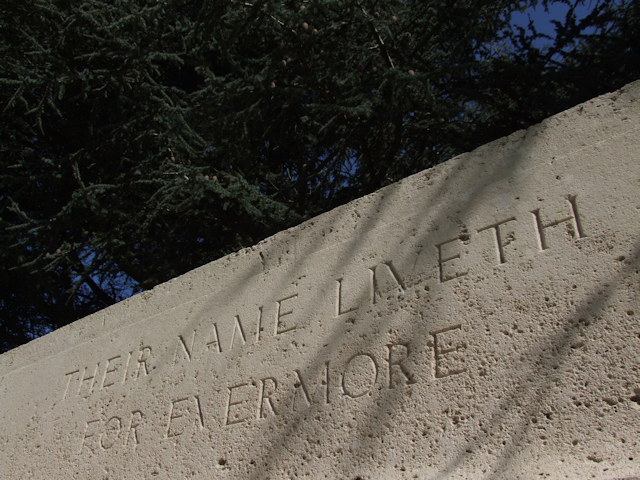Name
Charles William Kibbles
Conflict
First World War
Date of Death / Age
19/05/1917
35
Rank, Service Number & Service Details
Private
37590
Prince of Wales Volunteers, South Lancashire Regiment
9th Bn.
Awards: Service Medals/Honour Awards
British War and Victory medals
Cemetery/Memorial: Name/Reference/Country
KARASOULI MILITARY CEMETERY
B406
Greece
Headstone Inscription
Not Researched
UK & Other Memorials
Rickmansworth Urban District Memorial,
St. Peter’s Church Memorial, Mill End,
St. Peter's C & E Primary School Memorial, Mill End
Pre War
Charles Kibbles was born on 22nd January 1882 and baptised in Rickmansworth on 26th February 1882. His parents were William, a labourer, and Isabella.
By 1891 William was the publican at the Golden Cross Public House, Mill End and Charles lived there, aged 9, with his parents and brother Richard. The family was still living there in 1901 and Charles, aged 19, worked as an agricultural labourer. In 1911, aged 29, he lived at Noakes Farm, Harefield with his father and his brother Robert. His father was a widower and the farmer.
In 1914 Charles married Ellen Douglas (aged 18 at the 1911 census). Their marriage was registered in the Uxbridge district in the fourth quarter of the year. Ellen remarried Henry Pantling in 1920 in Mill End and in 1939 they were living in Grove Road, Rickmansworth. Charles’ brother Robert survived the war and in 1939 was living as a cowman at Manor Farm Cottage, Amersham with his father aged 85.
Recorded as enlisting in Woolwich.
Wartime Service
Private Charles Kibbles was serving in the 9th Battalion South Lancashire Regiment when he died.
His battalion formed part of the 66th Brigade and the 22nd Division. The Division arrived in Salonika, northern Greece on 5th November 1915, although Charles may have arrived later.
He died of wounds in Salonika on 19th May 1917. On 24 April and 8-9 May 1917 the battalion took part in the Allied attack on Bulgarian defences in the first battle of Doiran. The Bulgarians had strongly fortified the hills and beat off the British attacks causing many casualties.
After his death the army paid his widow Ellen £7 4s7d including a war gratuity of £3.
Acknowledgments
Tanya Britton, Mike Collins



